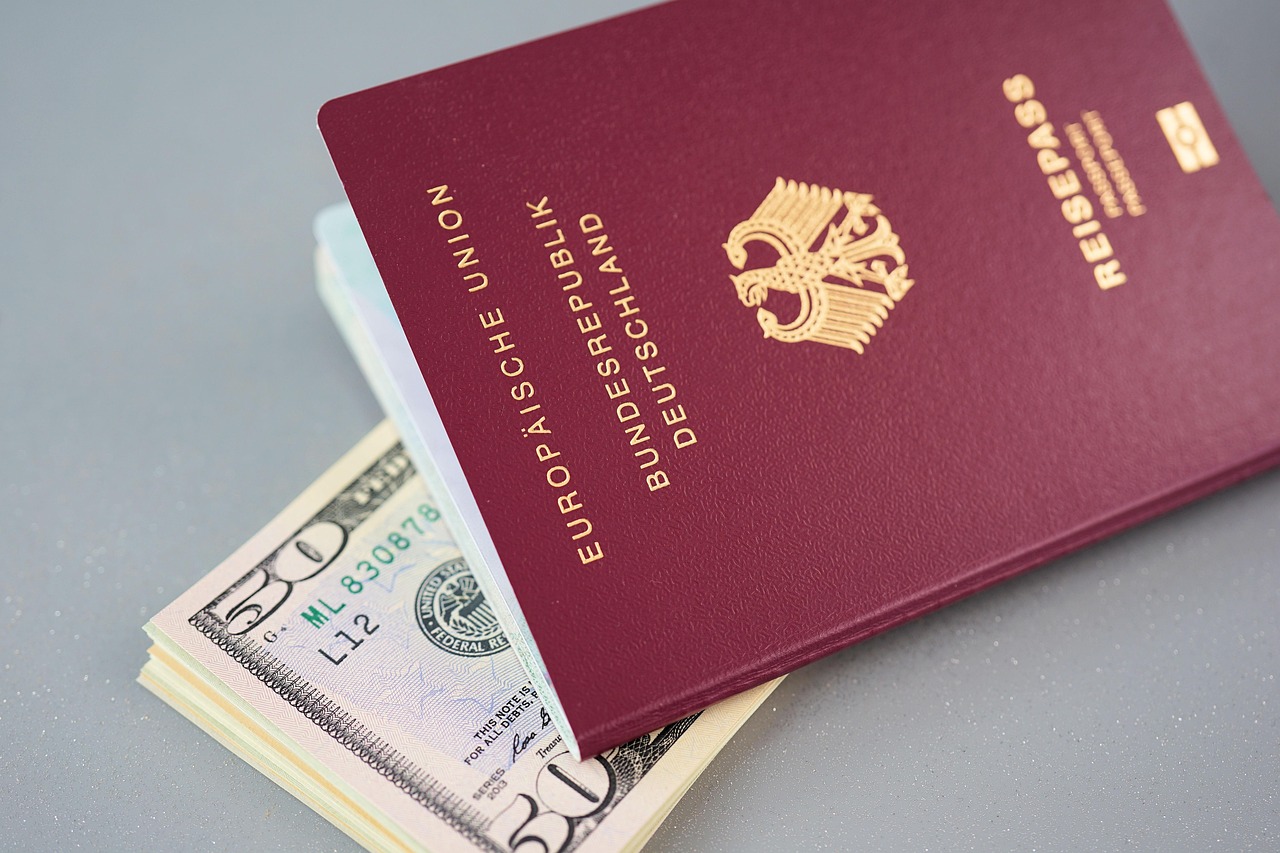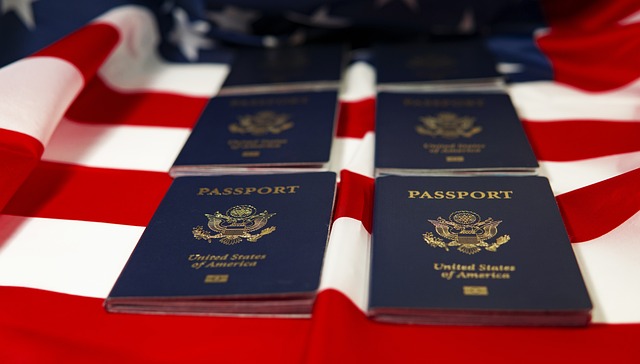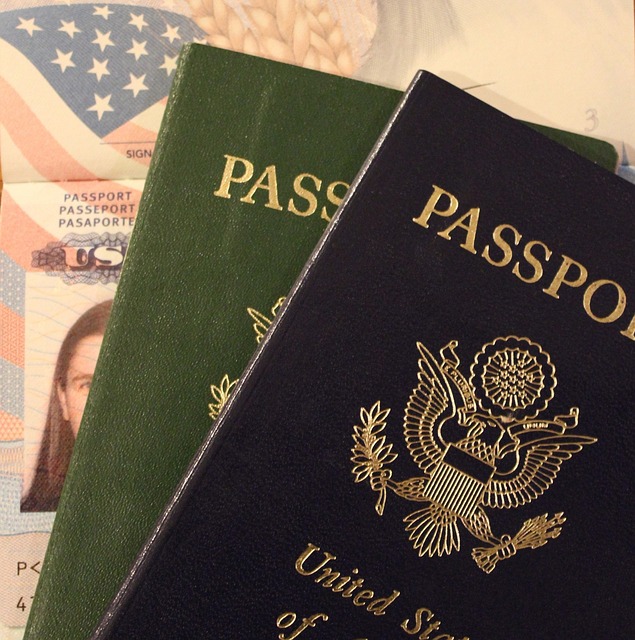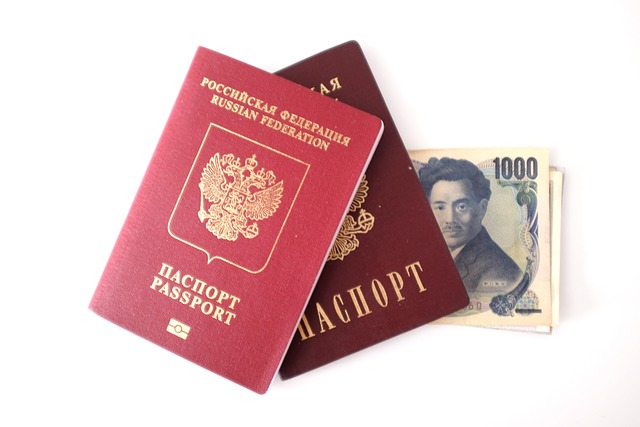How to Obtain Dutch Citizenship: A Comprehensive Guide

Dutch citizenship offers numerous benefits, including the right to live, work, and study in the Netherlands without restrictions, as well as the ability to travel freely within the European Union. There are several pathways to obtaining Dutch citizenship, each with its own requirements and procedures. In this article, we will explore the main routes to Dutch citizenship, including naturalization, option procedures, and citizenship by descent, providing a detailed overview of the process and what you need to know.
1. Naturalization
Overview
Naturalization is the most common route to Dutch citizenship for foreign nationals who have lived in the Netherlands for a significant period. It involves applying for citizenship through a formal process, which requires meeting specific criteria.
Eligibility Criteria
To be eligible for naturalization, you must meet the following requirements:
- Residency: You must have legally resided in the Netherlands for at least five consecutive years (or three years if married to or in a registered partnership with a Dutch citizen).
- Valid Residence Permit: You must hold a valid residence permit for a non-temporary purpose (e.g., work, study, family reunification).
- Integration: You must demonstrate sufficient integration into Dutch society, typically by passing the Civic Integration Examination (inburgeringsexamen).
- Renunciation of Current Citizenship: In most cases, you must renounce your current citizenship(s) unless you qualify for an exemption (e.g., if you are married to a Dutch citizen or if renunciation is not possible).
- No Criminal Record: You must not have a criminal record that poses a threat to public order or national security.
- Financial Stability: You must be able to support yourself financially without relying on social assistance.
Application Process
- Prepare Documents: Gather all required documents, including proof of identity, residence, integration, and financial stability.
- Submit Application: Submit your application to the municipality (gemeente) where you reside.
- Pay Fees: Pay the application fee (€1,011 as of 2023).
- Await Decision: The processing time is typically 12 months. If approved, you will be invited to attend a naturalization ceremony and take the Dutch oath of allegiance.
2. Option Procedure
Overview
The option procedure is a simplified route to Dutch citizenship for certain individuals who have a strong connection to the Netherlands. It is generally faster and less expensive than naturalization.
Eligibility Criteria
You may be eligible for the option procedure if you fall into one of the following categories:
- Long-Term Residents: You have legally resided in the Netherlands for at least 15 years (or 10 years if you arrived before the age of 18).
- Former Dutch Citizens: You previously held Dutch citizenship and wish to regain it.
- Spouses/Partners: You are married to or in a registered partnership with a Dutch citizen and have lived together in the Netherlands for at least three years.
- Children: You are a minor and have been legally residing in the Netherlands for at least three years with a Dutch parent.
- Stateless Persons: You are stateless and have legally resided in the Netherlands for at least three years.
Application Process
- Prepare Documents: Gather all required documents, including proof of identity, residence, and eligibility.
- Submit Application: Submit your application to the municipality (gemeente) where you reside.
- Pay Fees: Pay the application fee (€211 as of 2023).
- Await Decision: The processing time is typically three months. If approved, you will be invited to attend a citizenship ceremony and take the Dutch oath of allegiance.
3. Citizenship by Descent (Jus Sanguinis)
Overview
Dutch citizenship can be acquired by descent if one or both of your parents are Dutch citizens at the time of your birth. This principle is known as jus sanguinis (right of blood).
Eligibility Criteria
You may be eligible for Dutch citizenship by descent if:
- Parental Citizenship: At least one of your parents was a Dutch citizen at the time of your birth.
- Birth Abroad: If you were born outside the Netherlands, additional conditions may apply, such as your parent(s) being born in the Netherlands or having lived there for a certain period.
Application Process
- Prepare Documents: Gather all required documents, including proof of your parent’s Dutch citizenship and your birth certificate.
- Submit Application: Submit your application to the Dutch embassy or consulate in your country of residence.
- Await Decision: The processing time varies, but you will be notified once your citizenship is confirmed.
4. Dual Citizenship
Overview
The Netherlands generally does not allow dual citizenship, meaning you must renounce your current citizenship(s) when acquiring Dutch citizenship. However, there are exceptions to this rule.
Exceptions
You may retain your current citizenship(s) if:
- Marriage/Partnership: You are married to or in a registered partnership with a Dutch citizen.
- Renunciation Not Possible: Renouncing your current citizenship is not possible or would result in significant financial or personal hardship.
- Minor Children: You are a minor and acquiring Dutch citizenship through your parents.
- Former Dutch Citizens: You are regaining Dutch citizenship after losing it due to acquiring another citizenship.
5. Citizenship for Children
Overview
Children can acquire Dutch citizenship through their parents, either at birth or through naturalization.
At Birth
- Dutch Parent: If at least one parent is a Dutch citizen at the time of birth, the child automatically acquires Dutch citizenship.
- Birth in the Netherlands: If a child is born in the Netherlands to non-Dutch parents, they may acquire Dutch citizenship under certain conditions (e.g., if the parents have lived in the Netherlands for a significant period).
Naturalization
- Parents’ Naturalization: If parents acquire Dutch citizenship through naturalization, their minor children may also become Dutch citizens.
- Option Procedure: Children who have lived in the Netherlands for at least three years with a Dutch parent may apply for citizenship through the option procedure.
6. Loss of Dutch Citizenship
Overview
Dutch citizenship can be lost under certain circumstances, such as acquiring another citizenship or failing to renew a Dutch passport.
Common Reasons
- Voluntary Acquisition of Another Citizenship: If you voluntarily acquire another citizenship, you may lose your Dutch citizenship unless you qualify for an exemption.
- Long-Term Residence Abroad: If you hold dual citizenship and reside outside the Netherlands, the EU, or the EEA for an extended period, you may lose your Dutch citizenship.
- Failure to Renew Passport: If you hold dual citizenship and fail to renew your Dutch passport or ID card for 10 years, you may lose your Dutch citizenship.


